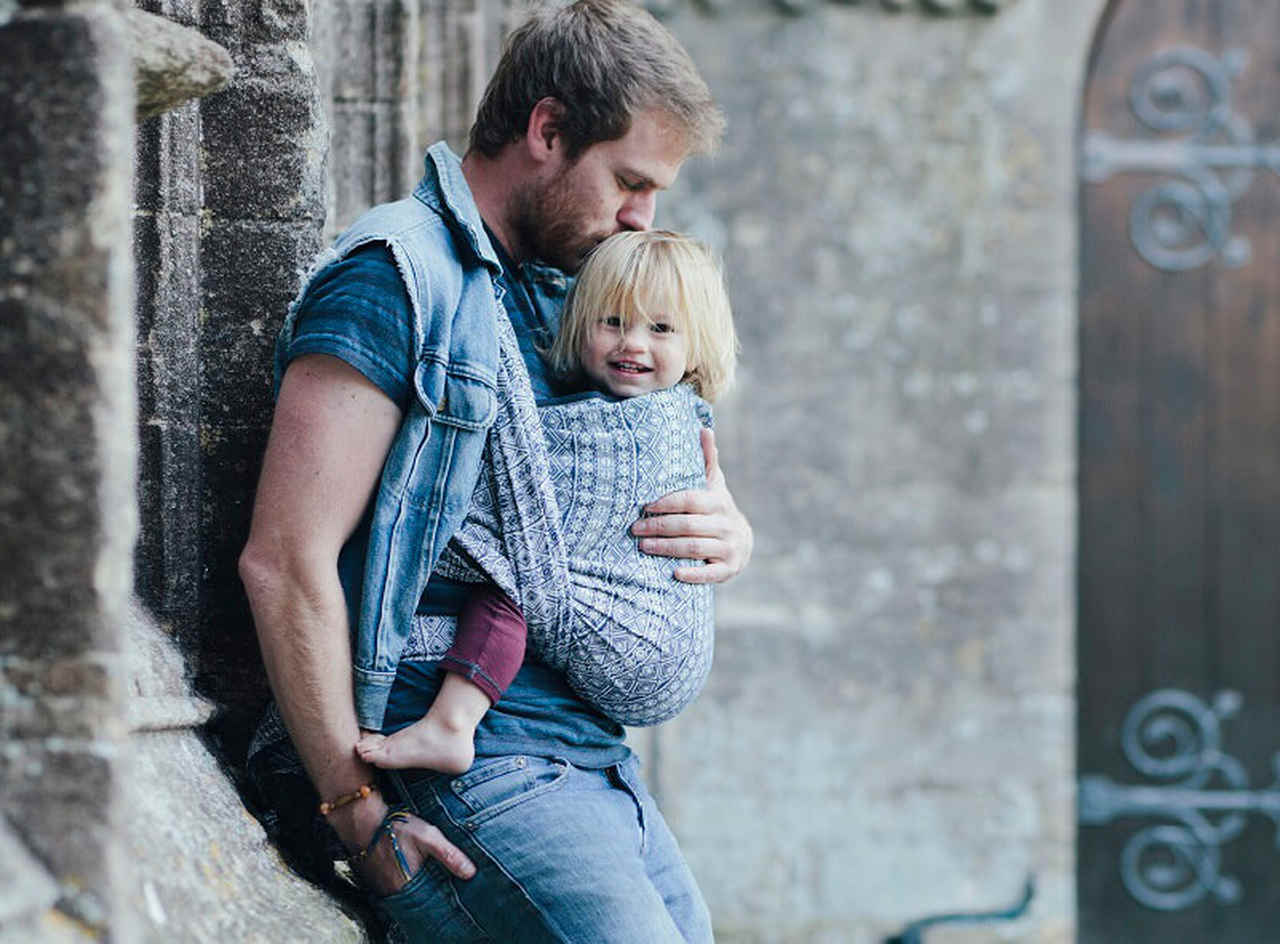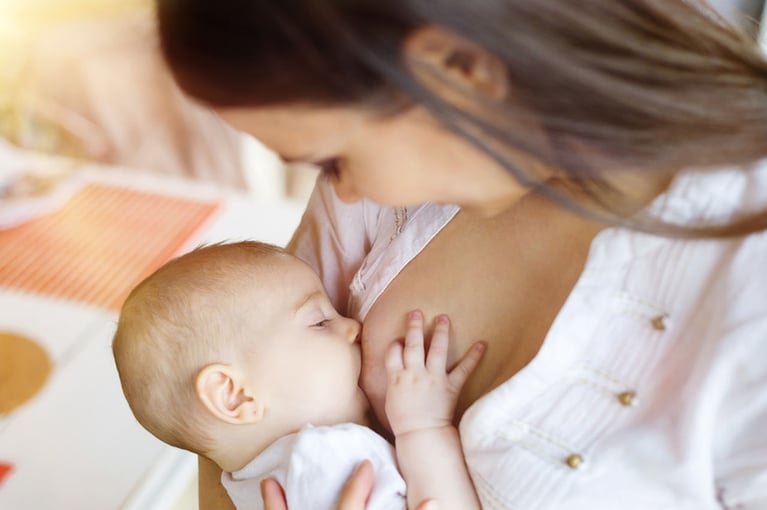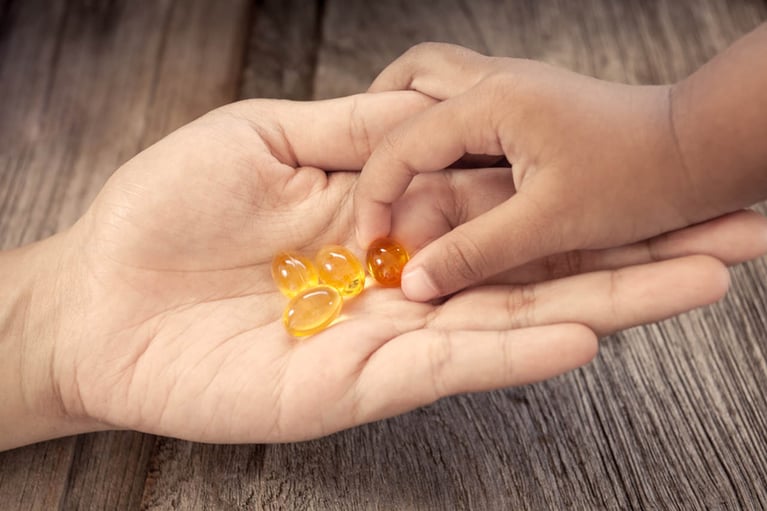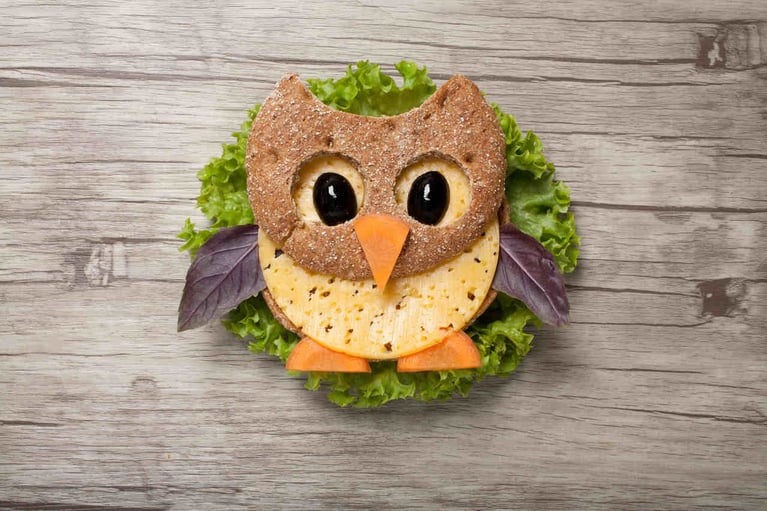The issue of nutrition of a nurturing mother has become overgrown with myths. When I started my first Milk Run, I heart the most bizarre recommendations from my close ones, my family, midwifes and nurses. I tried searching for information in the Internet, but the advice I got there was often contradictory.
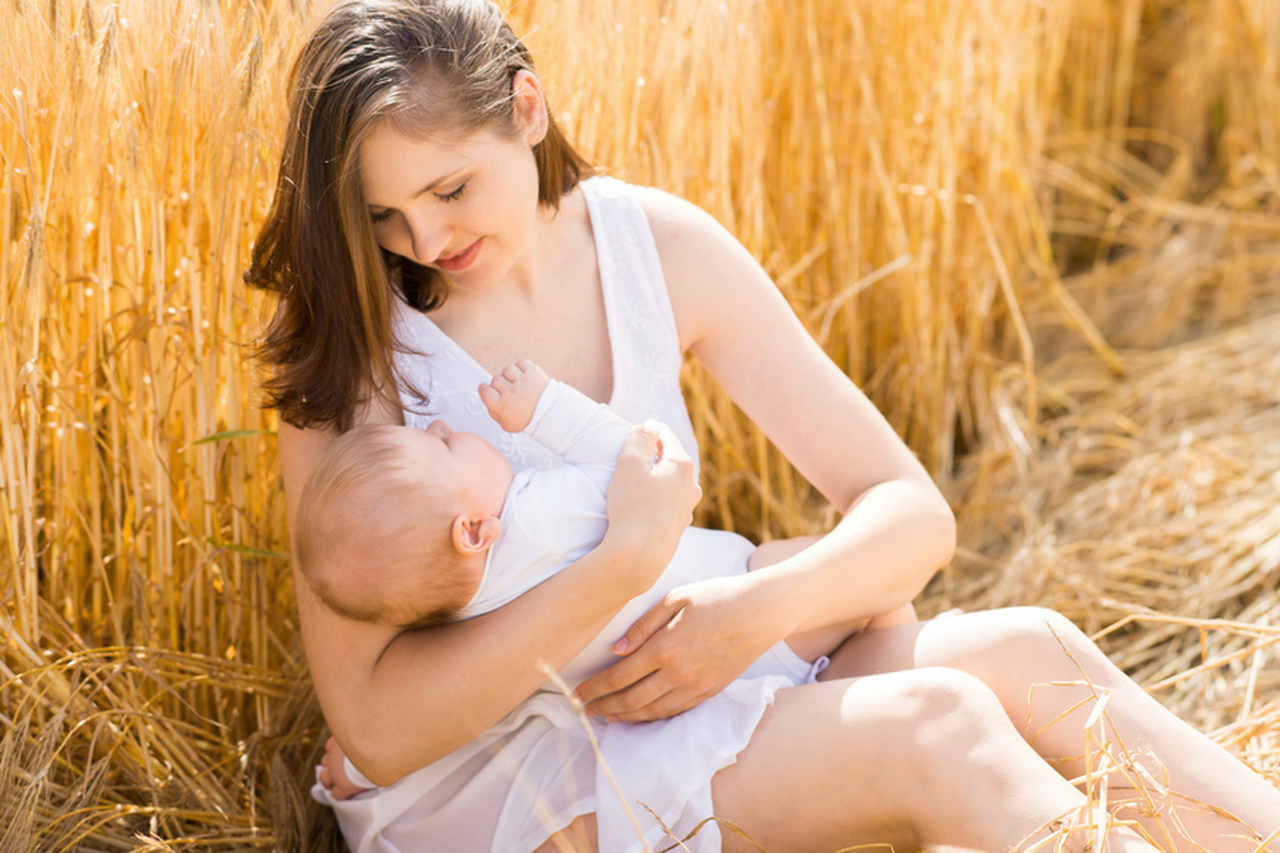
Some people were saying: “don’t drink tea” and “don’t eat dairy”, and others: “drink tea with milk”! Some “experts” advised against eating foods that cause flatulence. Some other recommended avoiding raw vegetables and gluten. When my child had nappy rash on buttocks I heard that this was caused by me eating too sour and spicy meals. Generally speaking, all of that made my head dizzy!
That’s why today after six and a half month of breastfeeding my daughter I would like to deal brutally with all these theories! Dear Breastfeeding Mom, the truth is that you can eat basically anything! The only things forbidden are alcohol and too much caffeine.
MYTH no. 1: foods that cause flatulence cause baby colic
The fundamental piece of information that is going to allow me to deny the circulating knowledge on a breastfeeding mother’s diet is the fact that mother’s milk is made of blood, not of the digested food that stays in the digestive tract. Once we realize this fact, the recommendation regarding not eating foods that cause bloating is going to seem totally absurd. These foods have effect only on the woman who eats them, not the child who drinks her milk! Eating peas, beans or other legumes is completely unrelated to occurrence of bloating or colic in infants.
MYTH no. 2: lactose intolerance and protein allergy are one and the same condition
Protein allergy and lactose intolerance are two totally different things. Protein allergy, as the name itself suggest, is abnormal reaction of the body to proteins contained in food, e.g. proteins of cow milk, soy, egg or wheat. Lactose intolerance, on the other hand, is the reaction to sugar included in milk, that is, lactose.
Primary lactose intolerance occurs very rarely and its symptoms appear already during the first days of a child’s life. A child is unable to digest normally the lactose in the mother’s milk and as a result of that, immediately after its birth it has symptoms of dehydration and malabsorption and often a complete lack of increase in body weight. It is a severe condition that is usually diagnosed soon after the child is born.
Secondary lactose intolerance occurs as a result of damage to intestinal villi in the digestive tract of our baby, since it is there that lactase, that is, lactose digesting enzyme is produced. Damage to intestinal villi may take place as a result of, among others, protein allergy. That is why these two conditions are confused.
What is protein allergy? It is a food allergy to proteins that can be transferred to mother’s milk. Usually these are: cow milk proteins, soy proteins, egg proteins and wheat proteins (that is, gluten). It doesn’t mean, however, that starting from the beginning of our Milk Run we have to avoid all the potentially allergenic foods. What is an indication for implementing the so-called elimination diet is the appearance of protein allergy symptoms in our child! Additionally, it is best to start an elimination diet under the watchful eye of a specialist dietician in order not to cause any deficiency in vitamins or minerals.
According to the La Leche League, that is, the largest international organization that promotes breastfeeding, there is no such thing as a special diet for a breastfeeding mother. An elimination diet can be introduced when the child develops symptoms of allergy.
MYTH no. 3: a breastfeeding mother mustn’t eat hot spices
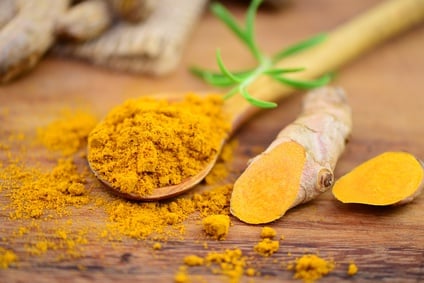
A breastfeeding woman can eat spicy meals as well. There are countries, for example India, where spicy meals are an everyday standard and they are eaten also by breastfeeding women. For instance, I love curry and I add it to almost every meal I eat.
MYTH no. 4: a breastfeeding mother mustn’t eat sour meals
Sour food doesn’t cause acidification of milk at all! If a child develops allergy symptoms (usually in the form of rash next in the area of buttocks, creases of the knees and elbows and cheeks) it is caused by allergy to protein included in a given food, not to its pH or spice content. I couldn’t live without a tea with lemon juice!

MYTH no. 5: don’t east too many sweets or the milk is going to be too sweet!
The amount of sweets eaten by a woman has not impact on the amount of sugar in her milk. The sugar content in milk is fixed and doesn’t change as a result of a mother’s diet.
MYTH no. 6: fish are totally forbidden because of mercury!
It’s true that it’s necessary to limit the amount of fish eaten in one’s diet, because fish, particularly oceanic fish, may contain mercury that is very harmful for the child’s developing nervous system. The weekly consumption of fish should be about 12 ounces, that is, about 340 g.
MYTH no. 7: coffee? Forget about it!
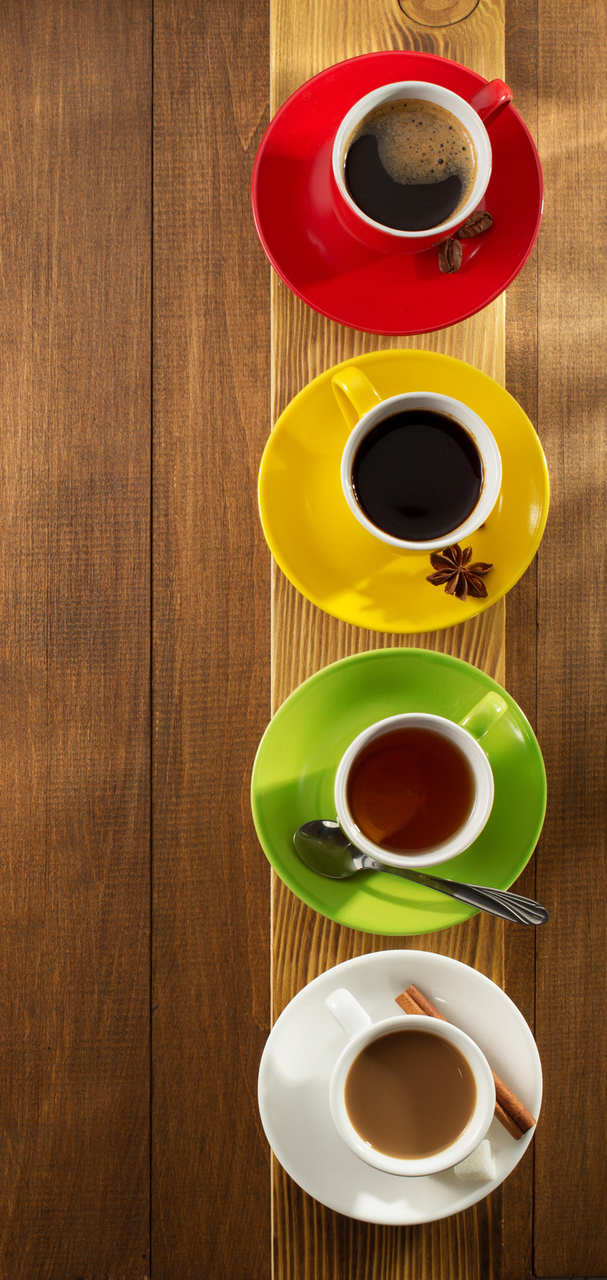
(that’s what I heard from a patient I met after delivering my baby in the hospital)
First of all, there is no evidence that caffeine consumption has any impact on the amount of milk produced by women (some people claim that coffee limits lactation). Secondly: the dose of caffeine that is safe for your breastfed infant is within the range of 300-750 mg/day. Everything depends on the child’s age and whether a given woman was drinking coffee while pregnant. Children up to the age of 6 months can be more sensitive to caffeine, similarly to the children of women who were not drinking coffee during pregnancy. Now, a couple of numbers. A cup of instant coffee (250 ml) contains about 80 mg of caffeine. A large latte or cappuccino from Starbucks has 70 mg of caffeine. You can find more examples of beverages with caffeine with specification of its exact content in mg at this website: http://kellymom.com/bf/can-i-breastfeed/lifestyle/caffeine
MYTH no. 8: you have to eat like two people!
Dear Breastfeeding Mom, you don’t have to eat like two people, but enough for two people. A breastfeeding mom’s diet should include extra 500 kcal. It should be a healthy diet, rich in fruit, vegetables and all the necessary nutrients. Nothing more, nothing less!
Is there anything one should pay special attention to? Yes – all the artificial additives to food, such as taste enhancers (e.g. sodium benzoate, potassium sorbate), sweeteners (e.g. aspartam), artificial colour additives and preservatives.


